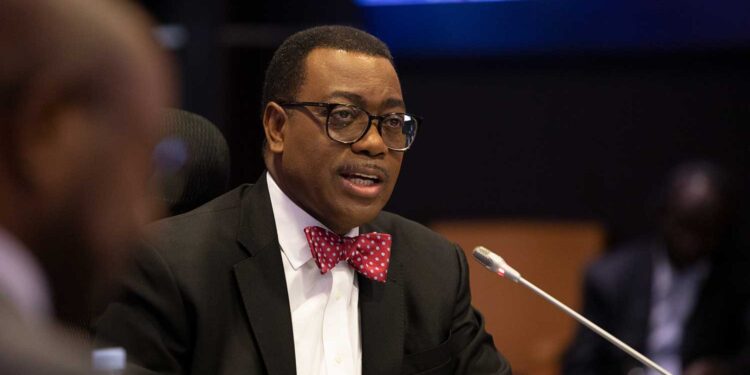The President of the African Development Bank (AfDB), Dr. Akinwumi Adesina, has urged African nations to end the export of raw commodities, describing the practice as a major driver of poverty across the continent.
In a post shared on Thursday via his official X (formerly Twitter) handle, Adesina stressed the urgent need for Africa to transition from being a supplier of raw materials to a producer of value-added goods.
“Africa must end the exports of its raw materials. The export of raw materials is the door to poverty. The export of value-added products is the highway to wealth. And Africa is tired of being poor,” he wrote.
Despite being rich in natural resources, Africa accounts for less than 2% of global manufacturing and under 3% of global trade, according to data from the U.S. Office of Trade Representative and other multilateral institutions.
Adesina emphasized that true economic transformation will only come through industrialization, especially through agro-processing, infrastructure development, and energy expansion. These themes have long been at the core of his policy advocacy.
He cited ongoing efforts such as the African Continental Free Trade Area (AfCFTA) as a critical step in boosting intra-African trade, manufacturing, and value addition across sectors.
The AfDB President also highlighted recent concerns over global financial equity. Last week, he criticized the International Monetary Fund’s allocation of Special Drawing Rights (SDRs), pointing out that Africa received only $33 billion—just 4.5% of the $650 billion issued globally—despite suffering some of the worst economic impacts from the COVID-19 pandemic.
To correct the imbalance, Adesina revealed that the AfDB and the African Union are leading efforts to rechannel unused SDRs from wealthier countries to African economies. A new framework, jointly developed with the Inter-American Development Bank and now approved by the IMF Board, will allow these funds to be leveraged using the AfDB’s AAA credit rating.
Adesina’s remarks continue to fuel a growing call for structural economic change across Africa, with an emphasis on long-term wealth creation through manufacturing and trade reform.
























